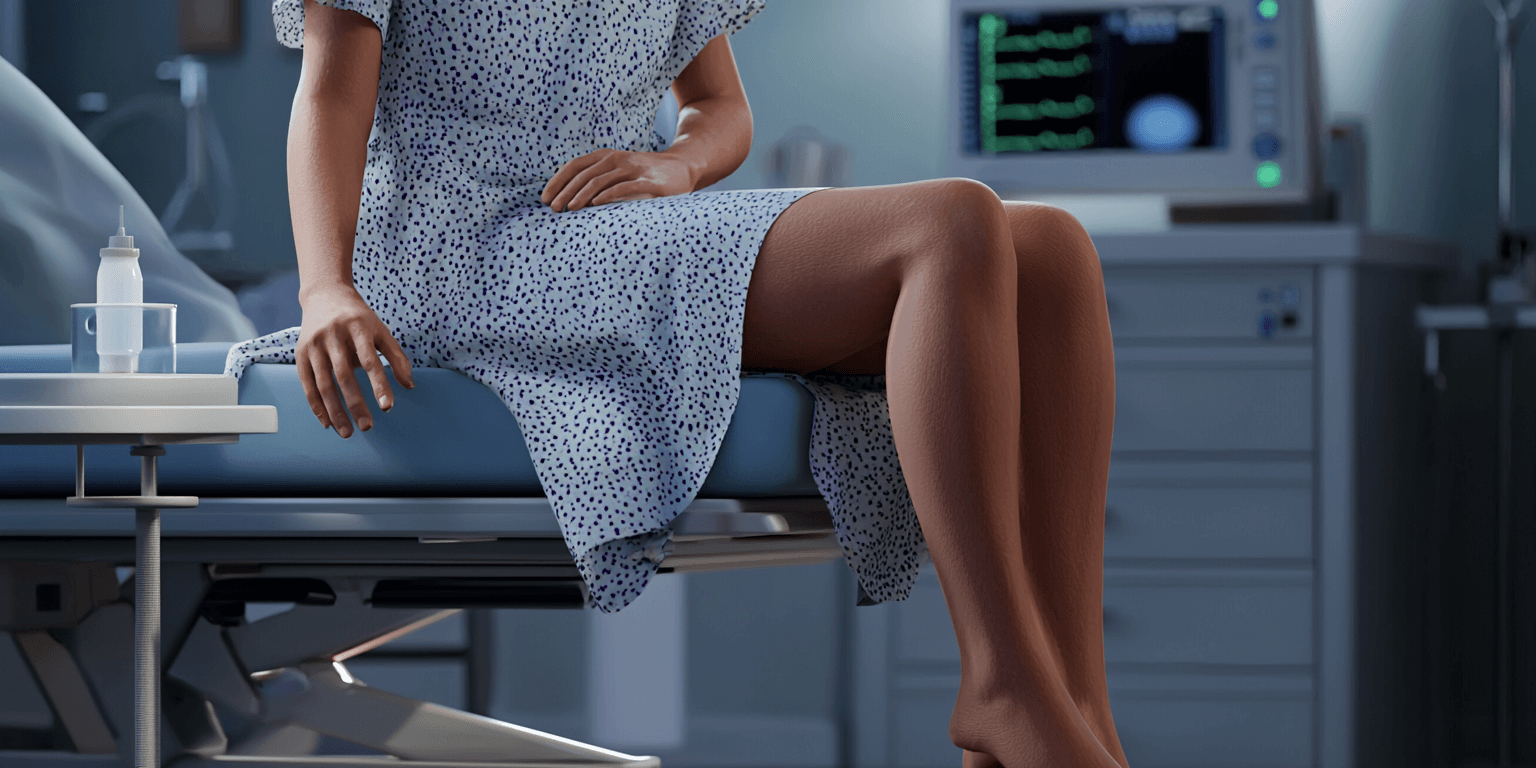Welcome to our primary care practice blog, where we aim to keep you informed about various health conditions and how to manage them effectively. Today, we’ll be discussing urinary tract infections (UTIs), a common condition that affects millions of people each year. We’ll explore the signs and symptoms of UTIs and when you should seek medical attention.
At our primary care practice, we’re here to help you navigate UTIs and other health concerns. Don’t hesitate to reach out if you suspect you have a urinary tract infection or any other health issue.
What is a Urinary Tract Infection (UTI)?
UTIs occur when bacteria enter the urinary system and cause an infection. The infection can affect any part of the urinary system, including the bladder, urethra, ureters, and kidneys. Women are more likely to develop UTIs due to their shorter urethras, which make it easier for bacteria to reach the bladder.
Common Signs and Symptoms of a UTI
Recognizing the symptoms of a UTI is crucial to ensure timely treatment and prevent complications. The following are some common signs and symptoms of a urinary tract infection:
- Pain or burning sensation while urinating: This is often the most noticeable symptom of a UTI.
- Frequent urination: You may feel an increased need to urinate, even if only a small amount of urine is passed.
- Strong-smelling urine: Urine may have a strong odor or appear cloudy.
- Blood in urine: Pink or reddish-colored urine can indicate the presence of blood, a symptom of more severe UTIs.
- Pelvic pain: Women may experience pain in the pelvic area or the center of the lower abdomen.
- Fever: In some cases, a UTI may cause a fever, especially when the infection has spread to the kidneys.
- Lower back pain: Pain in the lower back or side may occur when a UTI affects the kidneys.
Your healthcare provider may prescribe antibiotics to treat the infection. In severe cases, hospitalization may be necessary to administer intravenous antibiotics and closely monitor the patient's condition.
If you experience any of these symptoms or suspect you might have a UTI, it's essential to consult a healthcare professional as soon as possible. Prompt treatment can help prevent complications and alleviate discomfort.
Preventing UTIs
While UTIs can occur in anyone, there are several steps you can take to reduce your risk:
- Stay hydrated: Drinking plenty of water helps flush bacteria from your urinary system.
- Practice good hygiene: Wipe from front to back after using the toilet to prevent the spread of bacteria.
- Avoid douching: Douching can disrupt the natural balance of bacteria in the vagina, increasing the risk of UTIs.
- Urinate after sexual intercourse: This can help flush out bacteria that may have entered the urinary tract.
- Wear cotton underwear: Breathable fabrics can help prevent bacterial growth in the genital area.
At our primary care practice, we’re here to help you navigate UTIs and other health concerns. Don’t hesitate to reach out if you suspect you have a urinary tract infection or any other health issue.
Note: This blog post is intended for informational purposes only and does not constitute medical advice. Always consult with a healthcare professional for diagnosis and treatment.


